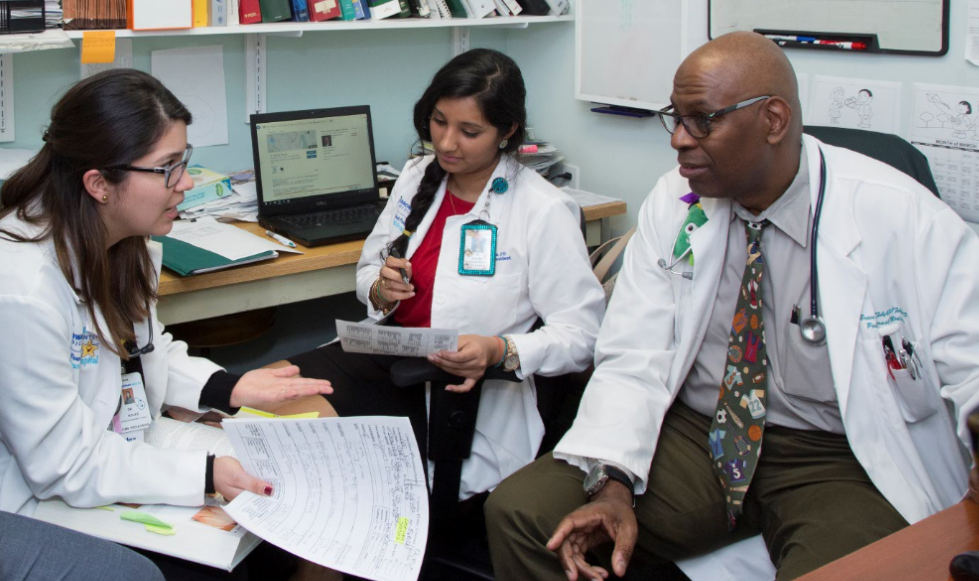
Academic Departments
The College of Osteopathic Medicine academic departments offer rotations, fellowships and other experiences for students in the Doctor of Osteopathic Medicine (D.O.) degree program.
Family Medicine
Actively practices osteopathic medicine and supports the clinical education of osteopathic medicine students and residents.Geriatrics
Educate medical students, residents, and postdoctoral fellows to provide care to older adults in both clinical and academic settings.Internal Medicine
Provides superior medical education and training in internal medicine and its subspecialties to medical students and residents.Nutrition
Enhances the nutrition curriculum for osteopathic medical students and plays an active role in student mentoring and development.Obstetrics and Gynecology
Educates and trains future osteopathic physicians to provide competent, compassionate, and comprehensive health care for women.Osteopathic Principles and Practice
Includes physicians, academicians, ancillary health providers, and fellows who teach the history and philosophy of osteopathic medicine.Pediatrics
Prepares osteopathic medical students to provide primary health care to infants, children, and adolescents.Psychiatry
Educates and trains osteopathic medicine students to be competent in the study, prevention and treatment of mental disorders.Rural and Urban Underserved Medicine
Increases the knowledge and awareness of multi-cultural health, unique value systems, and health care needs of underserved populations.Surgery
Provides high-quality surgical training and is closely involved with small group courses to expose students to surgical thought processes. The Doctor of Osteopathic Medicine Program in the Dr. Kiran C. Patel College of Osteopathic Medicine is dedicated to student-centered osteopathic medical education to produce exemplary osteopathic physicians known for competent and compassionate care.
Candidates must have, with or without reasonable accommodation, multiple abilities and skills including intellectual, conceptual, integrative, and quantitative abilities; interpersonal communication; mobility and strength; motor skills; and hearing, visual, tactile, behavioral, and social attributes. Candidates for admission and progression must be able to perform these abilities and skills in a reasonably independent manner.